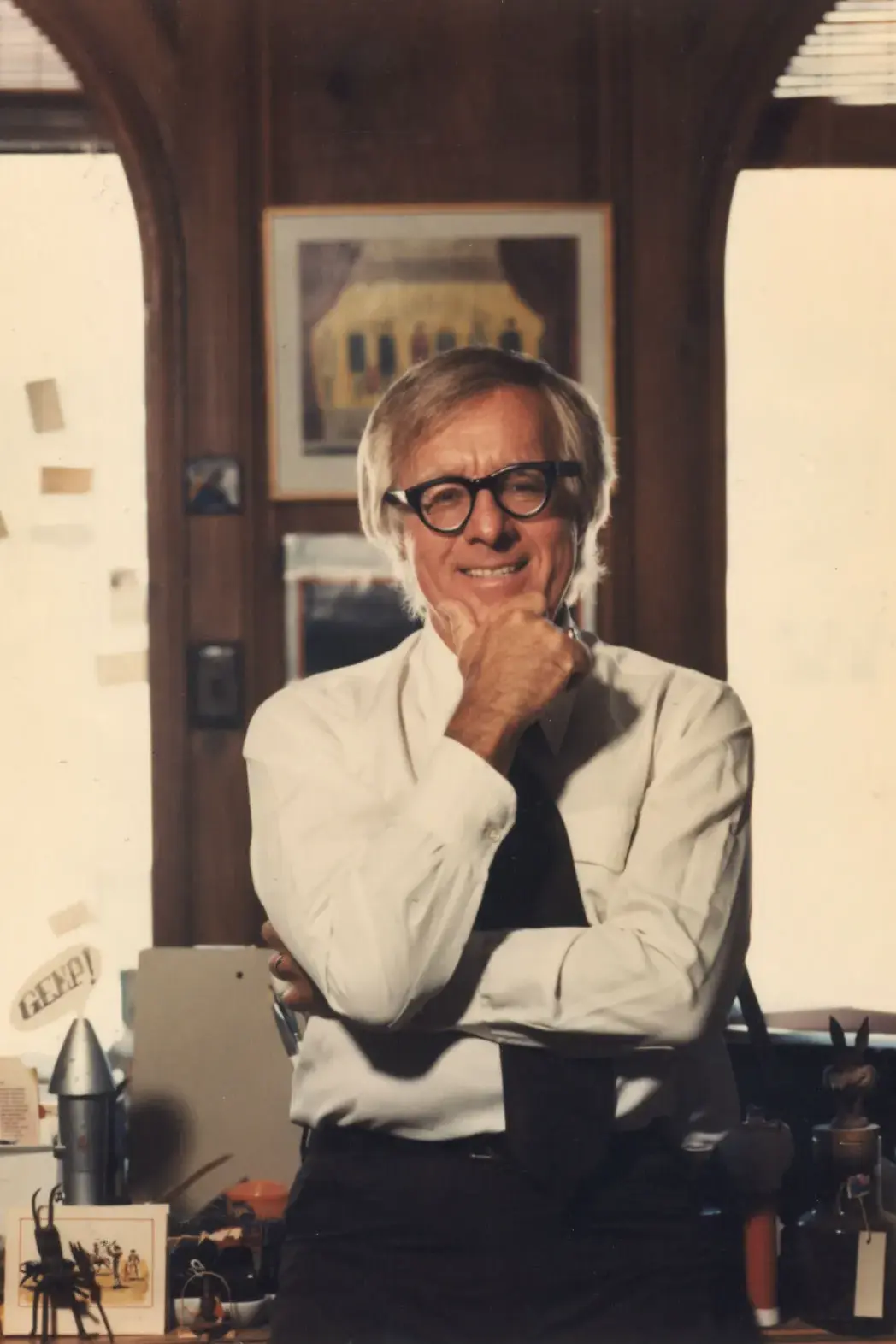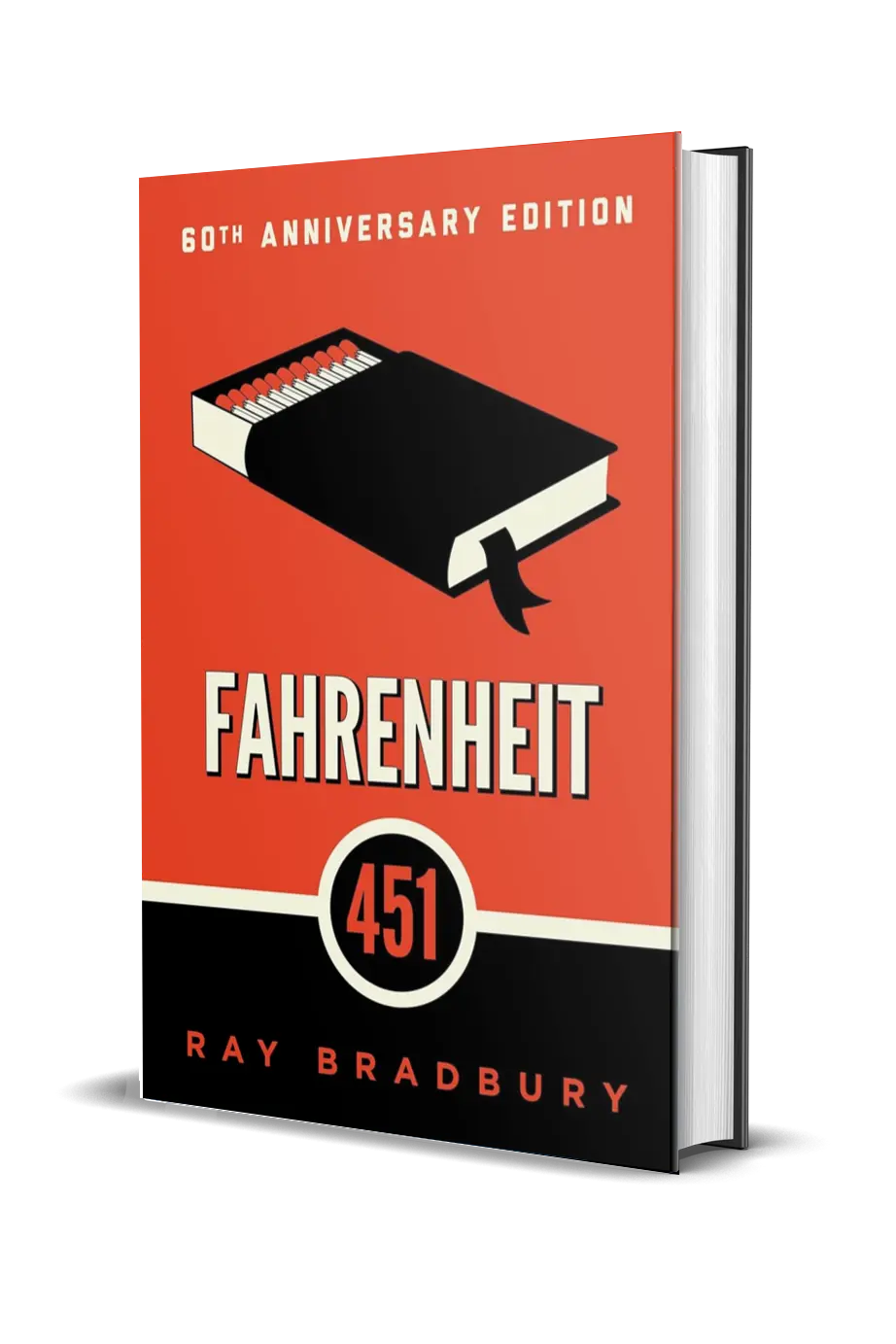A masterpiece . . . A glorious American classic everyone should read: It’s life-changing if you read it as a teen, and still stunning when you reread it as an adult.
A Timeless Warning Against Censorship and Conformity
Ray Bradbury's "Fahrenheit 451" stands as a literary classic and a chilling portrayal of a dystopian society where books are banned, and intellectual freedom is suppressed. Published in 1953, Bradbury's novel remains remarkably relevant, serving as a cautionary tale against censorship, the erosion of individuality, and the dangers of a society consumed by mindless entertainment.
Set in a future America, the novel follows Guy Montag, a fireman whose job is not to extinguish fires but to start them – specifically, to burn books. In this oppressive society, books are viewed as subversive and dangerous, containing ideas that challenge the status quo and threaten the stability of the ruling regime. Firemen like Montag are tasked with maintaining order by eradicating any remnants of literature or independent thought.
Bradbury paints a bleak portrait of a society where intellectual curiosity is stifled, and conformity is enforced through fear and propaganda. People are bombarded with mind-numbing distractions, from wall-to-wall television screens to addictive mood-altering drugs, designed to suppress dissent and discourage critical thinking. In this world, genuine human connection is rare, replaced by superficial interactions and empty social rituals.
The catalyst for Montag's awakening comes in the form of Clarisse McClellan, a young woman who introduces him to the joys of questioning, observation, and introspection. Unlike the majority of society, Clarisse is not content to passively accept the status quo; she challenges Montag to confront the emptiness of his existence and reconsider his role as a cog in the oppressive machinery of censorship.
As Montag embarks on a journey of self-discovery, he grapples with profound questions about the nature of truth, the value of literature, and the meaning of human existence. Through encounters with rebels and outcasts who preserve forbidden books and ideas, Montag begins to understand the power of knowledge to liberate the mind and ignite the spirit. His transformation from a dutiful enforcer of censorship to a defiant advocate for intellectual freedom is both inspiring and tragic, underscoring the high cost of resistance in a society that brooks no dissent.
Bradbury's prose is as incendiary as the flames that consume the books in his novel, ablaze with passion, urgency, and moral outrage. His vivid imagery and evocative language immerse readers in a world where the written word is both feared and revered, where ideas have the power to change hearts and minds, and where the struggle for truth and freedom is waged in the shadows.
"Fahrenheit 451" is not merely a cautionary tale about the perils of censorship; it is a profound meditation on the human condition and the enduring quest for meaning and identity in a world dominated by conformity and complacency. As we confront new challenges to free expression and intellectual inquiry in the digital age, Bradbury's novel serves as a timely reminder of the importance of defending our most fundamental rights and liberties. In an era of increasing polarization and misinformation, "Fahrenheit 451" remains a beacon of hope and resistance, urging us to resist the tyranny of censorship and embrace the transformative power of knowledge and imagination.

Ray Bradbury
In the annals of literary history, few names shine as brightly as that of Ray Bradbury, a visionary wordsmith whose unparalleled imagination continues to captivate readers across generations. With a career spanning more than seventy illustrious years...

Fahrenheit 451
Sometimes writers write about a world that does not yet exist. We do it for a hundred reasons. (Because it’s good to look forward, not back. Because we need to illuminate a path we hope or we fear humanity will take. Because the world of the future seems...